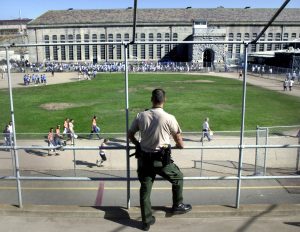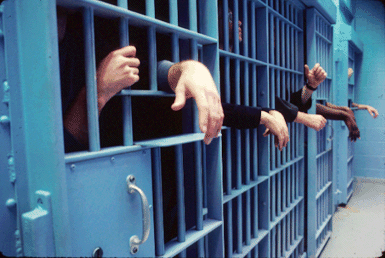Corrections
 Paradigms to Correctional Punishment: Conservatism, Liberalism, and Radicalism
Paradigms to Correctional Punishment: Conservatism, Liberalism, and Radicalism
Dr. Michael Beshears, Dr. Michelle Beshears, and Dr. Mark Bond
What is a paradigm? In brief, a paradigm is a way one views the world or mentally organizes within one’s self the knowledge they possess or have gained in order for it to make sense. That said, the major paradigms to punishment are conservatism, liberalism, and radicalism. READ MORE
 Separate System vs. Congregate System of Penitentiaries
Separate System vs. Congregate System of Penitentiaries
Dr. Michael Beshears, Dr. Michelle Beshears, and Dr. Mark Bond
The congregate system ultimately became the model for the American penitentiary, due to financial factors; the short supply of affordable factory labor workers in nineteenth-century America. However, in Europe where factory labor was in great supply during the nineteenth-century; the separate or “solitary” system became the dominant mode for their penitentiaries. READ MORE
 Containment Theory In Brief
Containment Theory In Brief
Dr. Michelle Beshears
Containment Theory is an explanation as to why we do not commit crimes. This approach tries to explain that both social (external) and psychological (internal) forces work together to keep criminal behaviors in check. READ MORE
Stress Management Strategies for Correctional Officers
Dr. Michael Pittaro
Learning how to manage stress is critical for corrections officers who work in highly volatile and dangerous environments. High levels of stress can adversely impact an officer’s professional performance and personal life. READ MORE

Verbal Judo
Correctional Officers Must Master Verbal Judo
Daniel Scorza
Unlike law enforcement officers, correctional officers have minimal tools to deal with unruly or threatening inmates. Most correctional officers only carry a radio, restraints, and sometimes a baton. In fact, rarely are they even issued pepper-spray. Firearms are only available in locked areas of the facility and are only used in the most serious situations such as a prison riot. The reason correctional officers are unarmed is READ MORE

